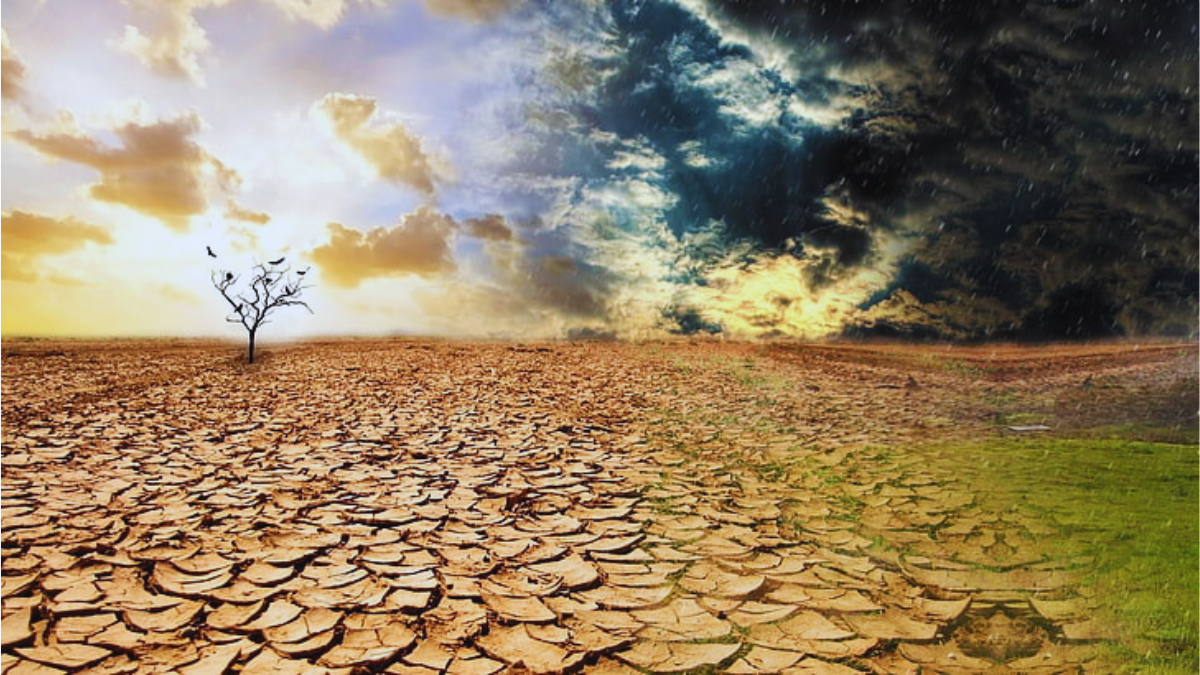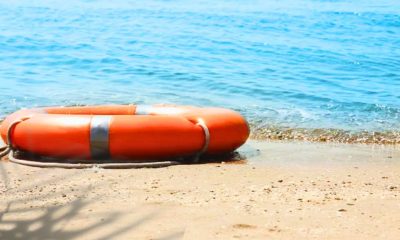News
Climate Crisis: Ken Poonoosamy Predicts Rs 2.1 Billion Losses

Mauritius is one of the countries most affected by the effects of climate change. The concern has spread to the Economic Development Board, which, in its third newsletter, emphasized the island’s acute vulnerability to global warming.
The Chief Executive Officer (CEO) of the Economic Development Board (EDB), Ken Poonoosamy, expressed a sense of urgency by stating that our island “is facing unprecedented challenges”.

Faced with these challenges, he argued that Mauritius has never been so “challenged” to pursue economic development and societal progress in a resilient and sustainable manner in the long term.
“The bleak future of climate change and its imminent consequences weigh heavily and these environmental challenges are not only synonymous with significant costs, which could lead to up to Rs 2.1 billion in losses over the next 20 years, but they also exacerbate the negative impacts of adverse weather conditions on tourist revenues.”
Furthermore, Ken Poonoosamy mentioned that every year, the country faced an accelerated sea level rise of 4.7 mm, leading to increasing beach erosion in the Albion, Bel-Ombre, and Mont-Choisy regions, with a loss of over 20m of coastline over the past decade.
He also discussed marine capture, which has decreased by 11%. Additionally, a decrease ranging from 2% to 56% in live coral cover is observed in certain lagoons.
He also emphasized that Mauritius is one of the most exposed islands to natural disasters – sudden floods, reinforced cyclonic conditions, unstable temperatures, sea level rise, beach erosion, among others – resulting in significant financial implications.
He again highlighted the crucial financial implications for protecting, preserving, repairing, and restoring our natural ecosystems and infrastructure in the face of these natural calamities.
Referring to other statistics, he shed light on the growing challenge for agricultural operations along coastal areas, which is the intrusion of saltwater.
Heat stress also increasingly pushes for investments in irrigation and water conservation practices.
According to EDB projections, water availability could decrease by 13% by 2050, leading to a 30% drop in agricultural production, raising serious concerns about the future of food security.
Opportunities for Businesses
In order to adapt to the current era of transformation, it is argued that opportunities exist for entrepreneurs and investors to explore and contribute to efforts to transform Mauritius into a green, inclusive, and sustainable economy.
The newsletter also highlighted local businesses that are riding the wave of change with a focus on the environment and sustainable development at the core of their concerns and strategies.
Record Foreign Direct Investments
Ken Poonoosamy was pleased with the recent data published by the Bank of Mauritius, which set a new historical record with Foreign Direct Investments (FDI) estimated at Rs 37 billion for the year 2023.
This figure surpassed the previous record of Rs 33 billion set last year. He pointed out that this represents an 11% increase from 2022 and that the total of Rs 37 billion is a new historical record.
“This is a truly remarkable achievement, with cumulative FDI exceeding Rs 70 billion for the years 2022 and 2023,” he said.
According to him, four sectors are supporting this 2023 performance, accounting for 84% of the total: agro-industry, hospitality, real estate, and information and communication technologies.
Source: l’Express











